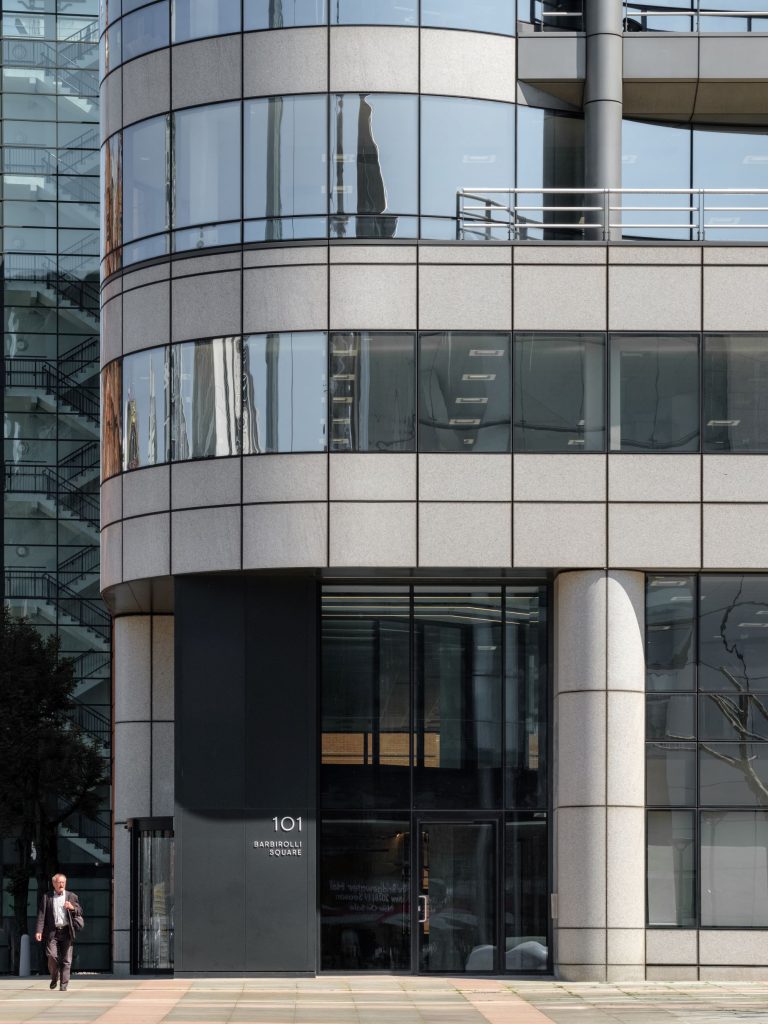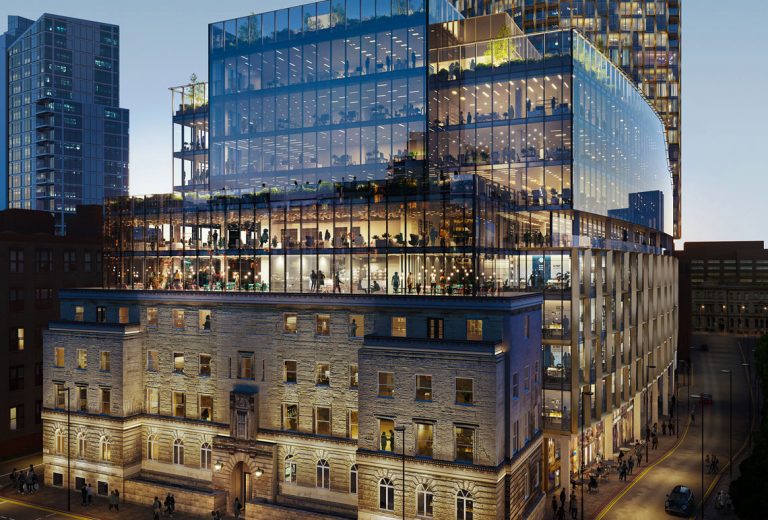Cities report throws up big questions
Neil Tague | 10 February 2015
Well, those of us who said during the recession “there’ll be winners and losers” can feel pretty vindicated. The Cities Outlook report, published each January by the Centre for Cities thinktank, looks at the economic performance of the UK’s 64 largest conurbations, and reported this month that the gap between the best- and worst-performing places has widened dramatically over the last decade – the headline quoted everywhere being that for every 12 jobs created in the south, only one was created in the rest of Britain’s cities.
Reports from the CfC are ones I’m always inclined to pay attention to: I like the scope, thoroughness and direction of what they do. The words from acting chief executive Andrew Carter were spot on, too – that the “steady as she goes” approach to tackling regional imbalance is not working, that more is needed than tinkering around the edges. It’s a stark reminder too that actual spending on major infrastructure projects – “one of the few remaining policy levers available to support growth” in the words of the International Monetary Fund – is yet to catch up with the bright-eyed, bushy-tailed announcements on what such schemes will do for the regions.
There are, it has to be said, some big questions for Manchester and its hinterland here –Rochdale’s struggles are highlighted, with the town appearing in the bottom ten for employment rate, private sector jobs growth, qualifications and earnings growth. Wigan pops up at the wrong end of the table regularly as well, while Bolton has the lowest number of patents granted.
Rochdale’s council leader Richard Farnell responded robustly, but I’m not too sure talking up the new council offices as “officially the best public building in the UK” is what’s needed here. He also spoke about the new-ish Metrolink connection, but let’s be honest, Rochdale’s had a train service for years. Will having trams instead make such a difference?
There are highlights: Manchester ranks right up there for business start-up rates. Blackburn’s thriving tech sector contributes to it being fifth in patents registered. Warrington is a star performer – it ranks third in the table showing business growth over the period 2004-2013, it has an abnormally high employment rate and one of the highest proportions of private sector jobs in the country.
In defence of Manchester and its neighbours – and along with Leeds and London, Manchester stands as one of only three large cities with a greater share of private sector jobs than the national average – it’s harsh to judge them alongside mid-sized towns that don’t have the same historic social, educational and housing issues, let alone the gaps left by mass manufacturing’s decline. While there’s nothing to be gained from social engineering, factoring in the north Cheshire belt that houses a booming business base and much of the city’s management classes would yield a very different set of results. Birmingham could probably mount a similar argument.
The perennial exception of London aside, it is the mid-sized they who perform best here –Milton Keynes, Peterborough, Swindon and Luton, all places that are often the butt of comics’ jibes for their perceived dullness, boast the highest population growth over the last decade. None of these are “cities” as I’d think of them in a classical sense: big places, with culture, historic buildings, loads of pubs and restaurants, hotels, major sports events. They don’t have airports, or even necessarily universities, but they’ve all had room to grow and all boast good connectivity.
As Mr Carter said, the time for tinkering is done. Devolution has to be worth a go, because the alternative is clearly failing large parts of the country. What is needed is boldness in civic leadership, boldness in planning, decisive action on transport infrastructure and heavy, continued investment in education and skills. None of this is new. There will, of course, still be winners and losers, but surely cities stand a better chance if they can play a part in making the rules of the game.


